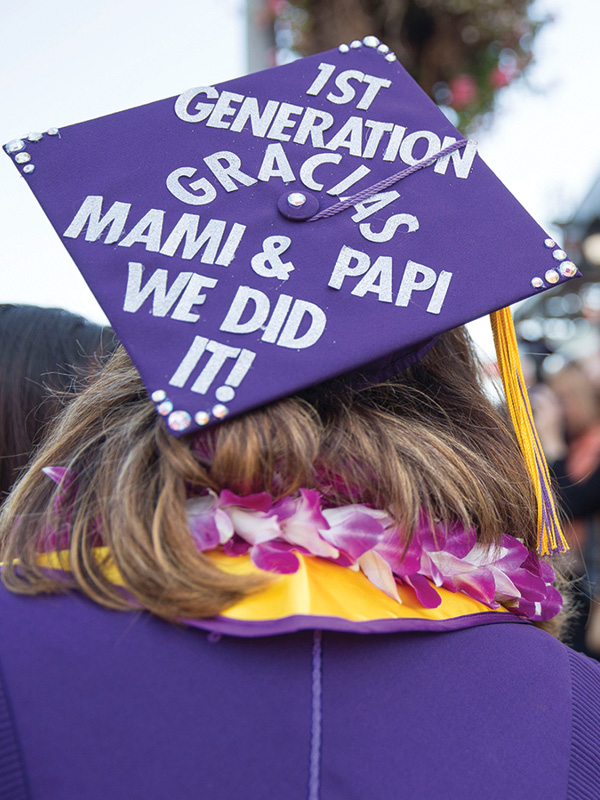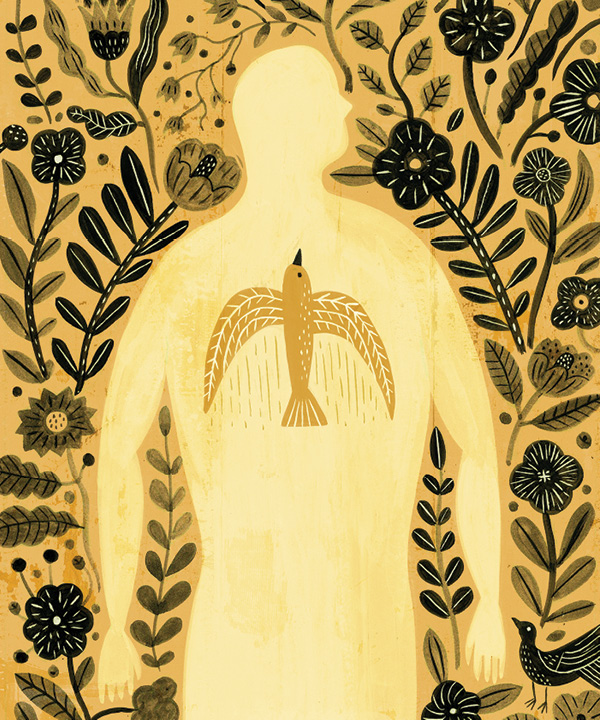
Trimming waste, adding opportunity
The milk you had this morning or the glass of wine you enjoyed last night might seem like simple everyday goods, but the energy required to produce them can be costly — both financially and environmentally. More than ever, businesses are under pressure to make creating such commonplace products more sustainable. If they’re in Northern California, fortunately, they can get help from a perhaps surprising source: SF State Engineering students.
Since 1992, SF State’s Industrial Assessment Center (IAC) has been helping Central and Northern California manufacturers tackle these issues. The program provides small and medium-sized manufacturers free assessments of energy use, waste generation and water consumption. These assessments are largely conducted by Engineering students under the supervision of expert faculty, making it an excellent training ground for energy engineers.
“It’s great to know that not only is IAC kind of the gold standard to me, but it has that educational value as well,” says Aaron Stainthorp, sustainability manager at Jackson Family Wines. He’s gone to IAC for six different audits over the years and says the reports he gets from SF State students are often far more comprehensive than a paid audit.
Funded by the U.S. Department of Energy, SF State’s program is one of only two IAC programs in California and one of 32 in the United States. Most of SF State’s clients are within 150 miles of San Francisco, though the team has traveled to Humboldt and Fresno counties and as far as Arizona. Each audit is performed by a team of undergraduate and graduate students who have undergone extensive training. After collecting and analyzing energy and water information from the plant, the students perform an on-site inspection, take measurements and collect energy- and water-related information. Two to three months after the visit, the team provides manufacturers with a detailed assessment report which includes recommendations for improvement.
IAC Director and SF State Professor of Mechanical Engineering Ahmad Ganji started the center. Since then he’s seen over 150 students perform more than 575 assessments for clients like Blue Diamond Almonds, Crystal Creamery and San Francisco wastewater treatment facilities.
“By the time they graduate, students are full-fledged energy engineers that basically need very, very little training,” Ganji explains. Many of the students get job offers before they even graduate.
“This is definitely a platform where you can learn so many other skills than just engineering,” says Shelby Saji (M.S., ’19), who worked with IAC for nearly two years during graduate school and is now an energy and sustainability engineer at ICF International. “It’s not just about that. It’s about so much more.”
University honored for supporting Latinx students

Photo by Paul Asper
SF State has been recognized for its successful support of Latinx transfer students, utilizing a California law that has streamlined admissions requirements. The Campaign for College Opportunity named the University as an Equity Champion for Excellence in Transfer for Latinx Students.
The Associate Degree for Transfer (ADT) has established a clear, user-friendly pathway for students to earn an associate degree with guaranteed admission and junior standing into the California State University system. Created with state legislation in 2010, ADT has helped more than 280,000 community college students transfer without accumulating excess units, saving them time and money.
Analyzing data from all community colleges and public universities in California, the Campaign for College Opportunity found that SF State awarded ADTs to 443 students in 2019 – 2020. As a result, Latinx transfer students at SF State performed at 3.12% higher than the statewide average for Latinx college students.
Helping youth behind bars find a pathway to change
A new program is helping incarcerated young people get a college education — and a second chance — through SF State. The effort is a partnership of the College of Ethnic Studies and Associated Students’ Project Rebound program and the California Division of Juvenile Justice (DJJ). Together, they launched a university-level certificate program in Ethnic Studies Empowerment, exclusively for teens and young adults in the state’s juvenile justice system.
“We’ve seen how these courses transform students’ lives at SF State, and we hope that they will have a similar impact on DJJ students,” College of Ethnic Studies Dean Amy Sueyoshi says. “Ethnic studies offers a broader lens for students to better understand their personal difficulties as structural and create a framework for change in which they can play an active role.”
The initiative is designed to help students develop stronger critical thinking and teach the importance of history, science, culture and community.
The certificate, launched last fall, requires 12 units of courses across College of Ethnic Studies disciplines: Africana Studies, American Indian Studies, Asian American Studies, Latina/Latino Studies and Race and Resistance Studies. Lecturer of Race and Resistance Studies Nate Tan (M.A., ’17) taught the first class of the program, “Critical Thinking and the Ethnic Studies Experience,” virtually. Tan has also taught at San Quentin State Prison since 2014.
“I hope what they take away is a sense of empowerment from the curriculum,” he says, “so I try to make the curriculum be reflective of their lives.”

Illustration by Curtis Parker